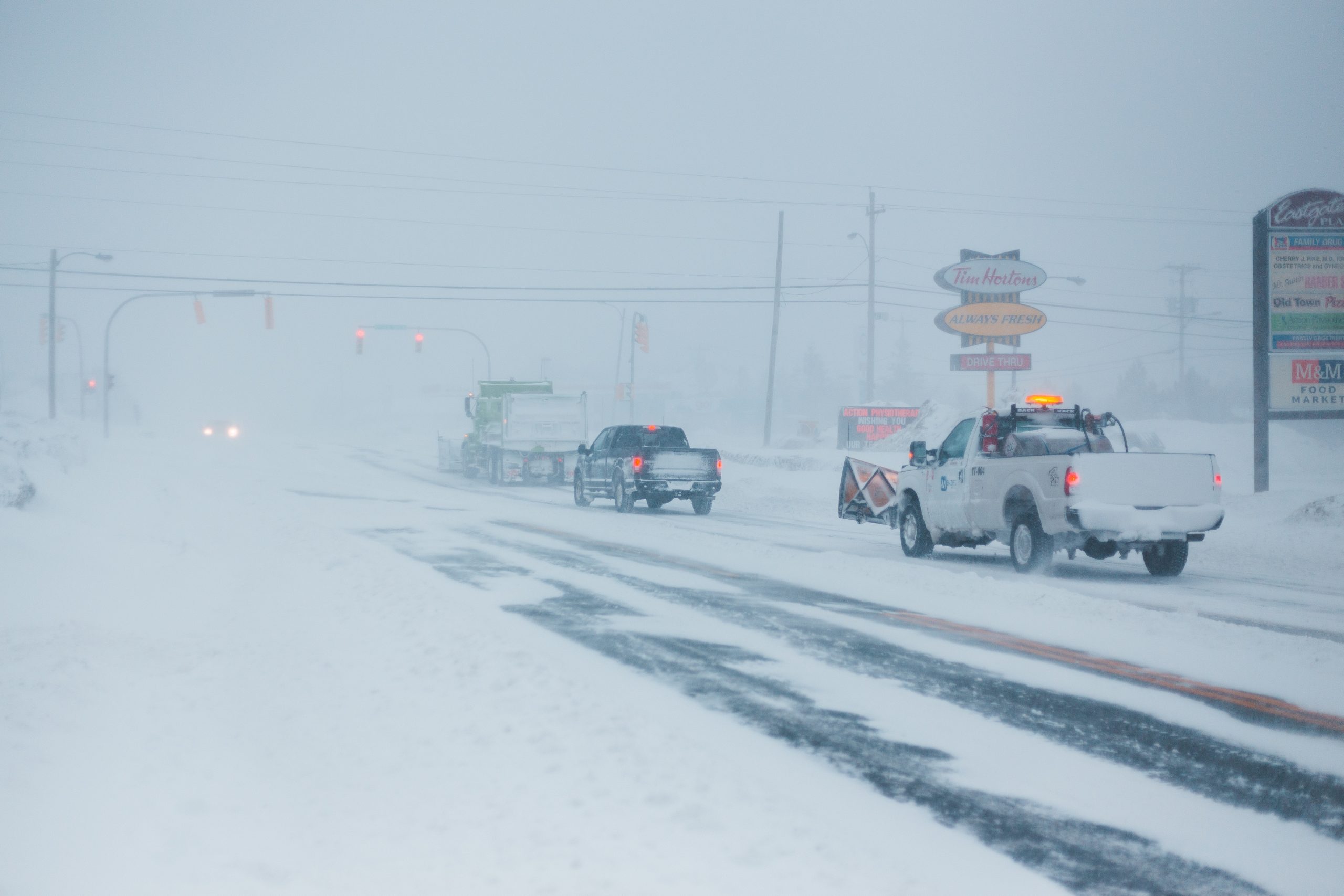
Despite being cold and a bit of a windchill this Wednesday, a recent research conducted by a group says we are actually losing winter days or above-freezing temperatures.
Edmonton experienced an annual average loss of three winter days or days with temperatures above zero degrees, from 2014 to 2023.
If you compare that to other major cities like Vancouver and Toronto, they are experiencing 19 and 13 lost winter days and our neighbour city, Calgary, is losing an average of five days every year.
Back here in Edmonton, while the three or five days of lost winter days are noticeable, it is not detrimental for snow valley, as they doing what they can to adapt to changing winter weather using new technologies.
“We’re always mitigating those types of things with snow-making systems being more efficient, so it’s a matter of being able to manage your industry in your time because there’s only one time of year you can go,” said Tim Dea, Snow Valley Skill Hill.
But according to professor Gre King, climate change will be the biggest driver of the temperature shift from burning coal, oil and gas. And while some people are looking forward a warmer winter, they are missing the bigger picture.
“Really devastates road systems, if you think about the infrastructure and how we clear sidewalks and how we deal with ice because you have more likely to have different types of precipitation at these warmer temperatures,” said Greg King, Environmental Studies Professor at University of Alberta.
Ecosystems like the timing of trees to leaf out will be changing which could affect insects and birds … adding that this trend will likely increase in the future
“I would say a very high probability,” said King.